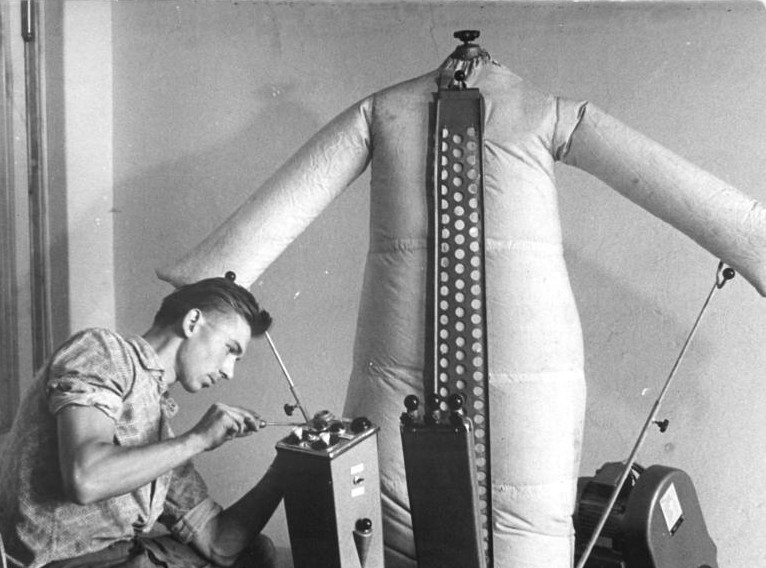This has already been a remarkably rich year for new books, but the best one I’ve read so far is Israeli historian Yuval Noah Harari’s Sapiens. Dense with ideas and beautifully written, it’s a dazzling, wide-ranging look at how we came to be the only human species on Earth, and how that may very well change in the future. The Guardian has a cheeky piece succinctly explaining Harari’s feelings regarding cyborgism. An excerpt:
What did he say? “I think it is likely in the next 200 years or so homo sapiens will upgrade themselves into some idea of a divine being, either through biological manipulation or genetic engineering or by the creation of cyborgs, part-organic part non-organic.”
Aren’t historians supposed to talk about the past, mainly? Yes, and Harari does also do that. He reckons that great fictions such as religion and money have been the key to humanity’s success because they made people function in large, flexible communities.
I see. Can I have his royalty cheques, then? I suggest you ask him about that. He also thinks these fictions are now reaching their limits because technology will make rich people amortal and virtually all-powerful, meaning that they won’t need God any more.
What’s amortal? It means, theoretically, you could live for ever, as long as someone doesn’t get annoyed and smash you up.
Far from guaranteed, I should think. And how will technology accomplish this? Well, you could have intelligent nanobots injected into your blood to rejuvenate your cells and repair any damage. You could implant a computer and various utensils into your body, giving you superhuman powers. Or you could just simply upload your mind into a computer so you could exist anywhere and experience anything.•
Tags: Yuval Harari Noah

